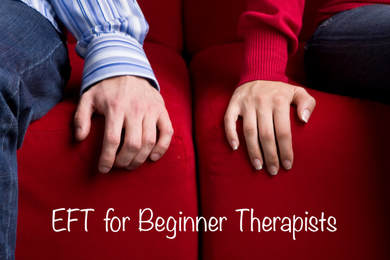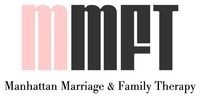 By: Sarah Trance, LMFT As a new clinician, it can take time to develop your style with confidence. Young therapists often request tools from their supervisor and colleague’s in efforts to find direction in their treatment. Couple’s therapy can be an especially difficult modality that beginner counselors struggle with. Emotionally Focused Therapy (EFT) is an effective model for couples, which has a high success rate and outlines specific steps and stages for the therapist to utilize. Emotionally Focused Couple’s Therapy was founded by Dr. Sue Johnson and is an extension of John Bowlby’s work on Attachment Theory. EFT is based on the foundation that there are two key components to bonding: emotion and attachment. This is an empirically validated, non-pathologizing approach to treatment that helps couple’s find securer pathways toward deeper connection. Dr. Johnson believes that relational conflict, or the “EFT Tango”, is an inflammatory “virus of emotional connection”. The goal is to assist the clients in identifying their emotional dance and to change the music to create safety and connection. So, how do we get our clients back to secure attachment? It’s important during EFT work to focus on the emotional process (or dance) that happens between clients and to redirect the content. Dr. Johnson considers the process to be the emotion happening in the room during treatment. Getting lost in content can delay progress for clients and can also veer the clinician off course. A beginner EFT therapist would use the following techniques:
Before beginning EFT work, it is important to assess for contraindications: abuse, addiction, and ongoing affairs. Because these issues are competing attachments, they can create a lack of safety in the room. It is recommended that the therapist seek supervision based on their assessment and comfort level in working with these specific issues. For a therapist wanting more information on Emotionally Focused Therapy or for training purposes: www.ICEFT.org www.NYCEFT.org
0 Comments
Leave a Reply. |
Downtown Darien, 1051 Boston Post Road Suite 1, Darien, CT 06820
[email protected]
[email protected]
© COPYRIGHT 2015. ALL RIGHTS RESERVED.

 RSS Feed
RSS Feed